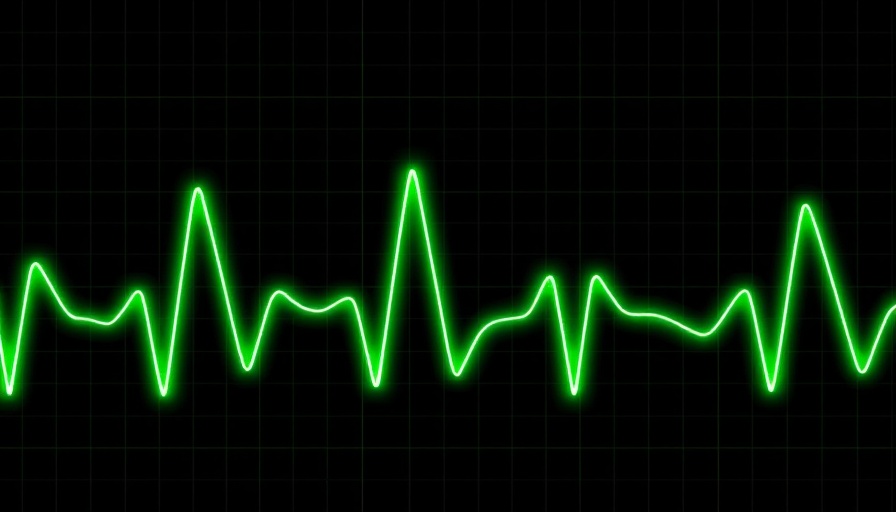
Linking Heart Health to Brain Functionality
A recent meta-analysis, published in Neurology, has highlighted an intriguing connection between early signs of heart problems and brain health. Researchers found that individuals exhibiting early heart dysfunction, including conditions like systolic and diastolic dysfunction, often show reduced brain volumes—a potential early indicator of cognitive decline or dementia.
Conducted with over 10,000 participants, this study underscores the relationship between cardiovascular health and brain preservation. Lead author Dr. Frank J. Wolters of Erasmus University Medical Center in Rotterdam explains, "This review shows that better heart health is associated with larger brain volumes, suggesting that the preservation of heart function could help maintain brain health, memory, and cognitive skills as we age."
Early Detection: A Key to Healthier Aging
The findings of this analysis stress the critical importance of early detection and management of heart-related conditions. Systolic dysfunction occurs when the heart's left ventricle cannot contract properly, leading to inefficient blood pumping. On the other hand, diastolic dysfunction refers to the heart's inability to fill with blood correctly. Both conditions were linked to decreased brain volume, particularly in critical areas like the hippocampus, which is essential for memory.
With the aging population, understanding the implications of heart health on cognitive function is vital. Starting interventions sooner could lead to better overall health outcomes for older adults.
Counterarguments: A Need for Diverse Research
While the analysis sheds light on significant correlations, it does not establish direct causation. Critics argue that more comprehensive studies are necessary to identify the pathways linking heart and brain health. The majority of participants were white, calling into question the applicability of findings across diverse populations. More research is essential to generalize the results and confirm findings in underrepresented groups.
Empowering Health through Lifestyle Changes
Understanding these links empowers individuals to take proactive steps in their health journey. Incorporating lifestyle medicine—such as regular physical activity, a balanced diet, and mental engagement—can mitigate risks associated with heart dysfunction. For instance, nutritional supplements, herbal medicine, and even naturopathy can play beneficial roles in promoting both cardiovascular and cognitive health.
Moreover, engaging with health and wellness centers can provide support and resources for those managing heart conditions, ensuring a holistic approach to maintaining not just heart, but also brain health.
Conclusion: Take Charge of Your Health
As these findings illustrate, the heart-brain connection is becoming increasingly recognized in medical discussions surrounding aging. Regular check-ups, lifestyle modifications, and awareness of personal health conditions can pave the way for a healthier future. Staying informed and proactive about health concerns is essential, especially as we inch closer to older age.
For those interested in optimizing their health, seeking out local health and wellness events can offer valuable information and resources. Explore what's available in your community to seize control of your health journey and pursue a more fulfilling, informed lifestyle.
 Add Row
Add Row  Add
Add 




 Add Row
Add Row  Add
Add 


Write A Comment